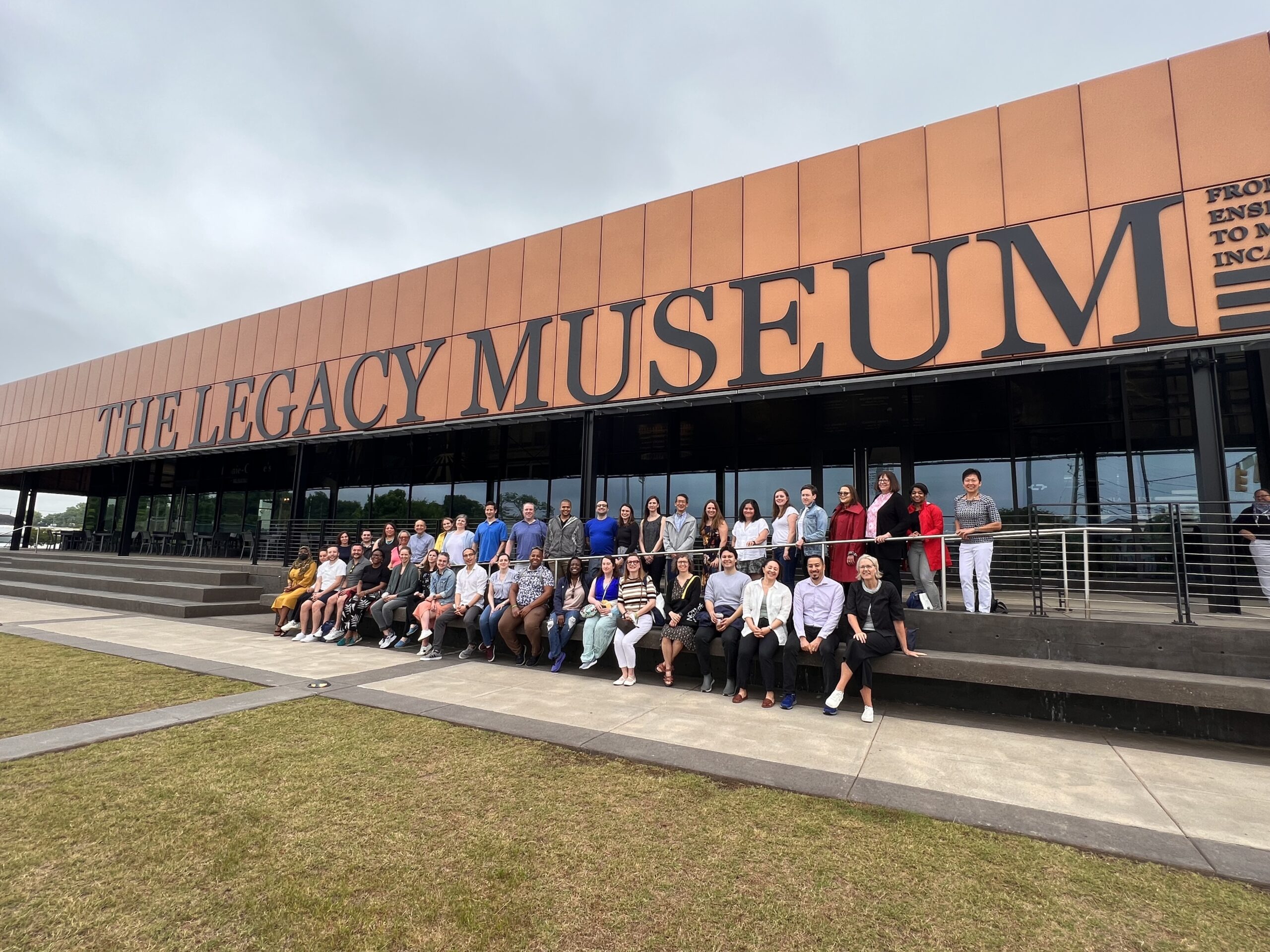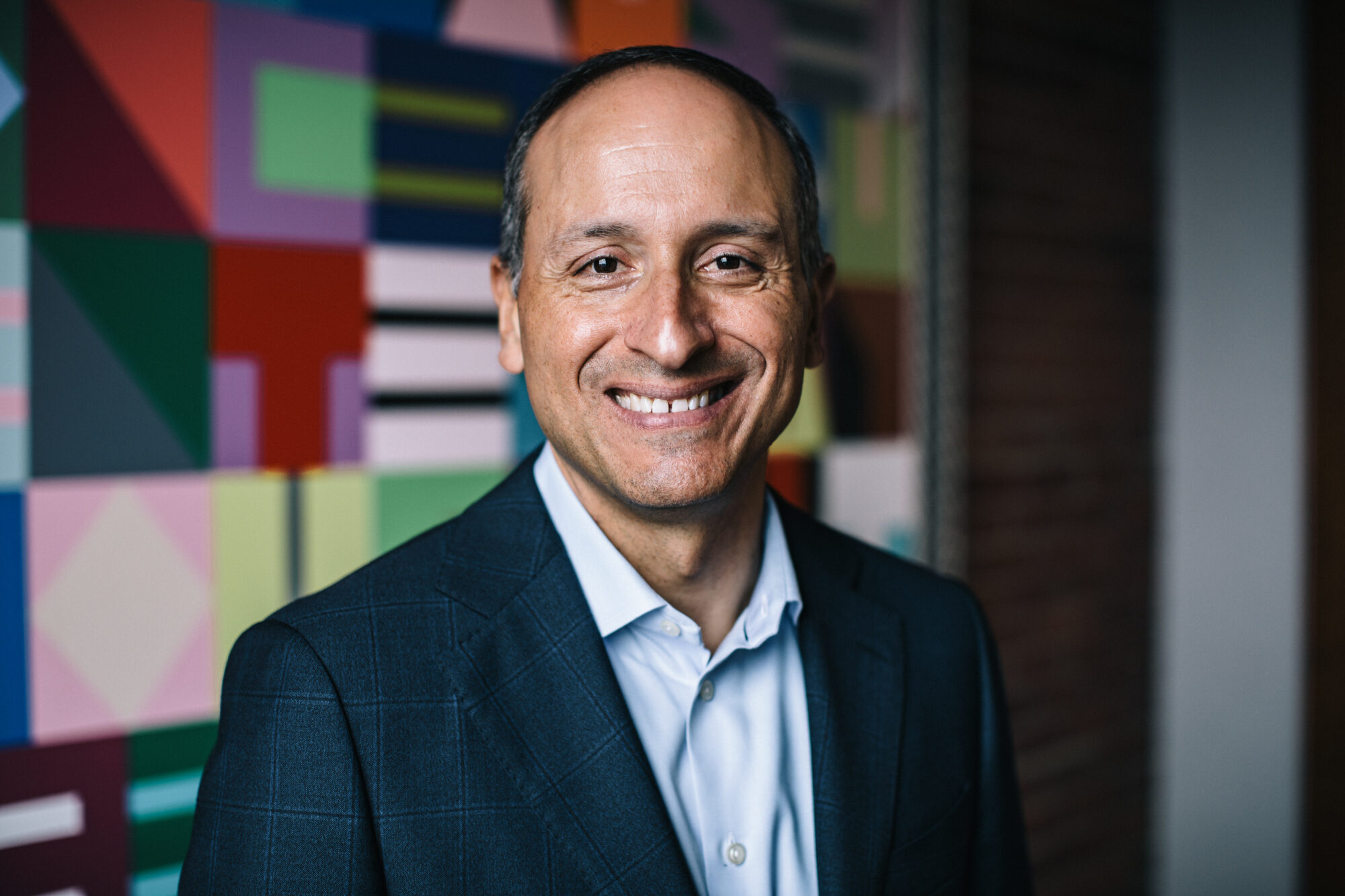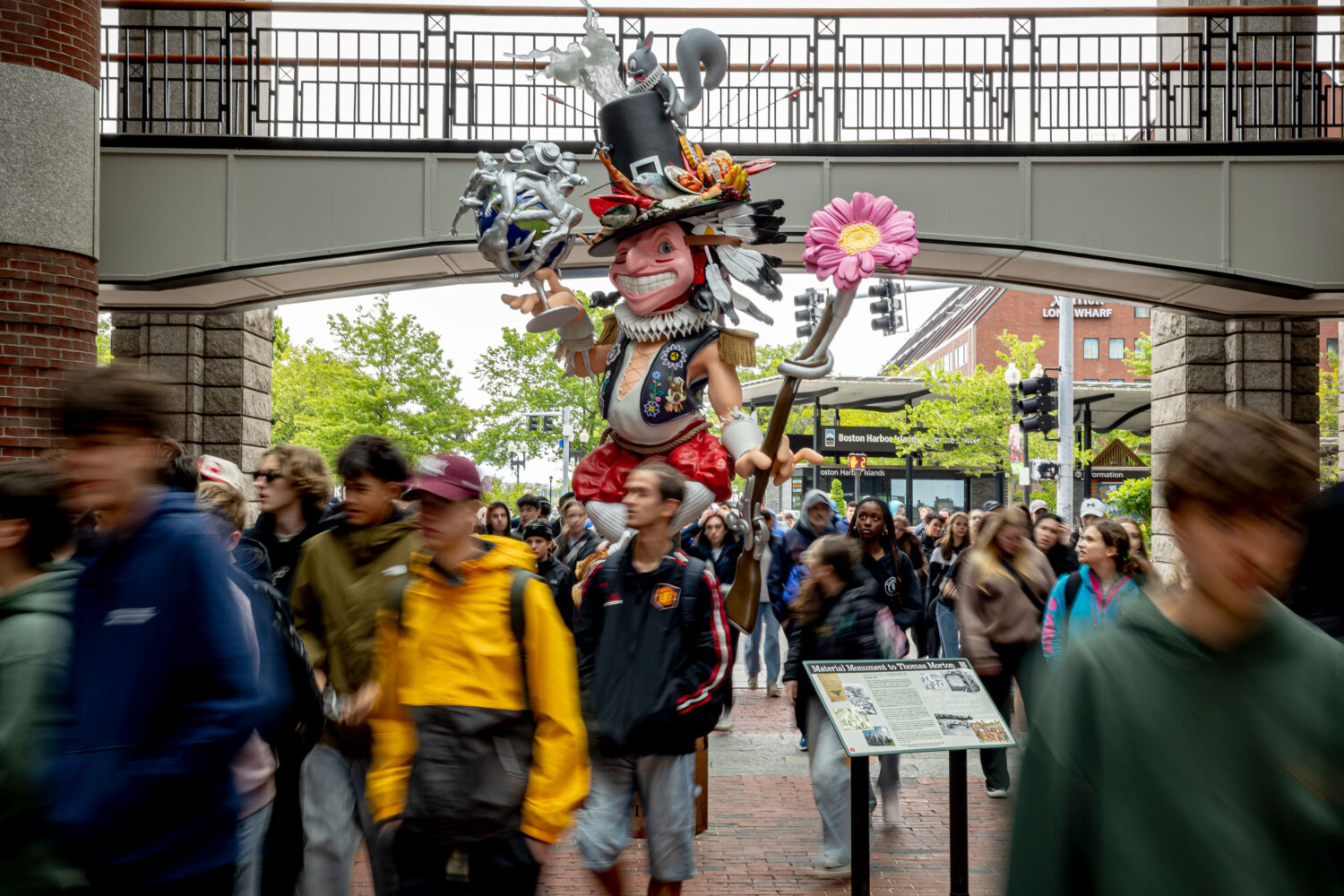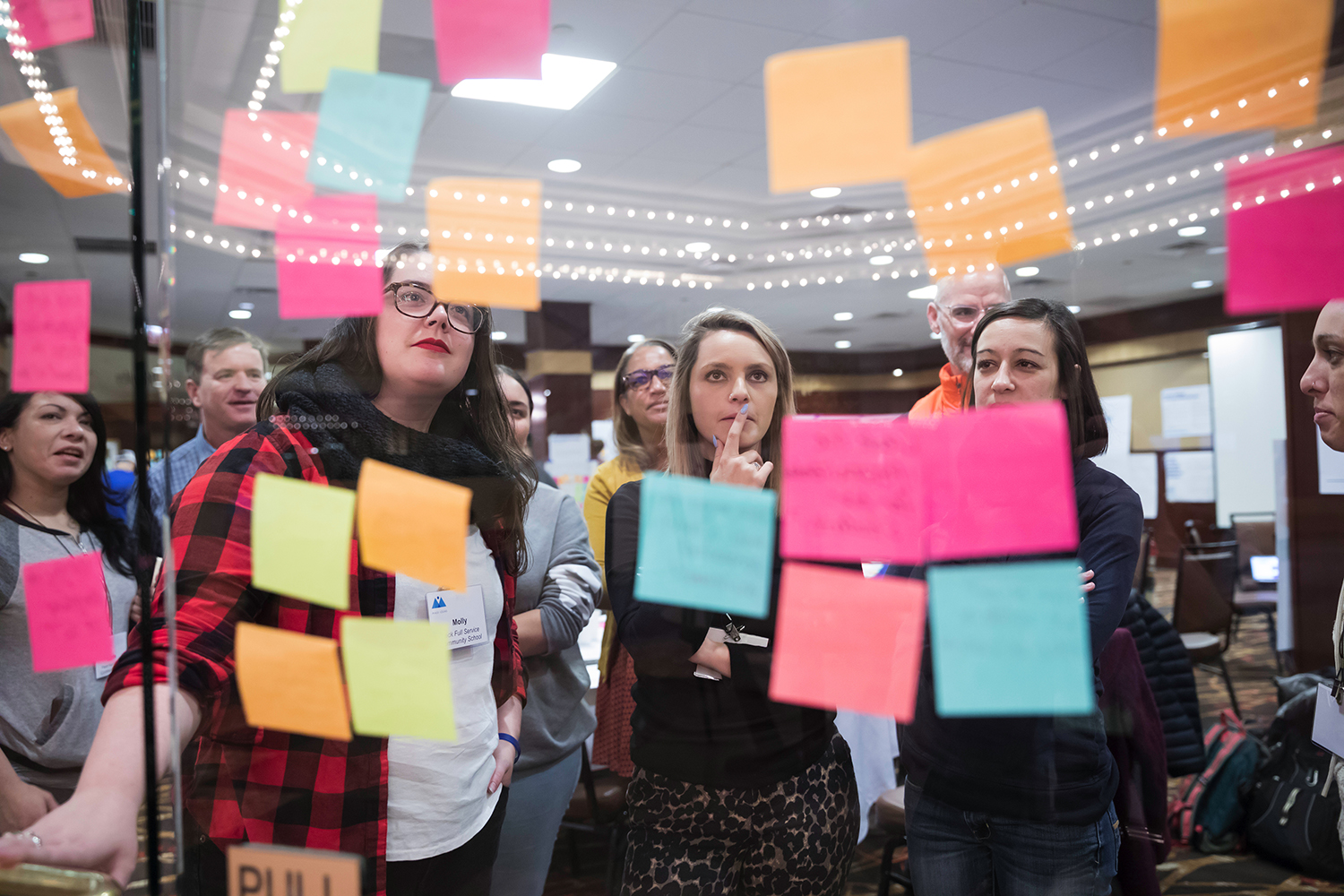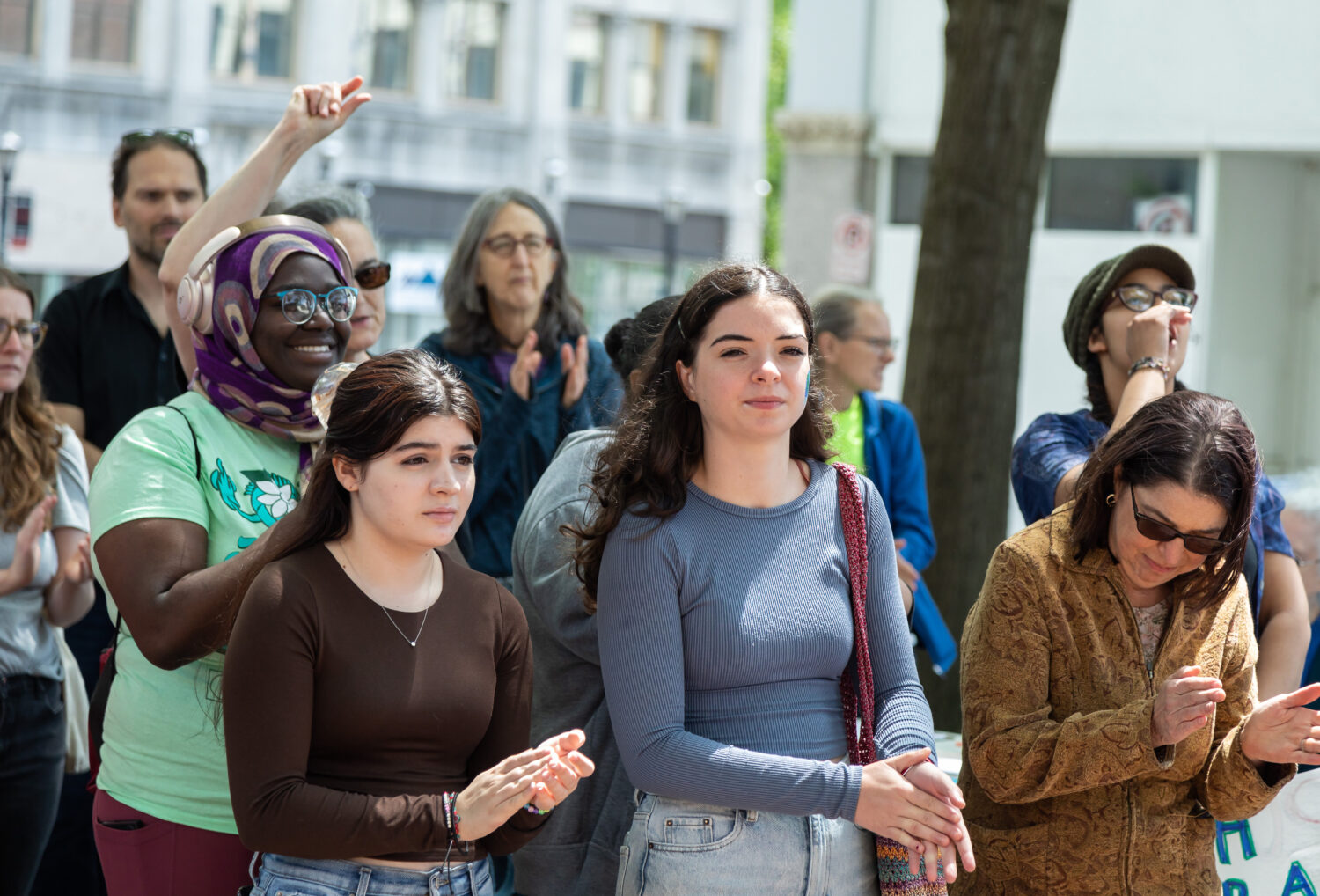This spring, the Barr Foundation staff traveled to Selma, Montgomery, and Birmingham, Alabama. Originally planned for April 2020, our trip kept getting deferred by COVID. While we were disappointed by these postponements, the racial reckoning of 2020 and the isolation and fracturing of community experienced during these COVID years made this long-anticipated experience even more meaningful. Though it will take time to fully process the experience and what it means for our work, I wanted to share why, as Barr’s leader, I felt it was so important to take this journey.
Barr’s Context for the Trip
Since 2016, we have devoted considerable time and resources to an organizational focus on diversity, equity, and inclusion. Our trustees adopted a new core value for the foundation to “center racial equity” and that explicit commitment is radiating through our grantmaking in our core program areas of Arts & Creativity, Climate, and Education; in a new initiative focused on advancing racial wealth equity in Greater Boston; and in the policies, practices, and culture that manifest who we are as an organization.
In 2019, I joined our founding trustees on a trip to Montgomery and Birmingham that was centered on a visit to the Equal Justice Initiative (EJI)’s Legacy Museum and National Memorial for Peace and Justice. It was a powerful experience, and we returned from it committed to sharing this opportunity with the entire Barr staff given our deepened work on racial equity.
The National Context for the Trip
Fast forward to today, with all that has transpired and shifted in recent years, the relevance of our trip only expanded. Across the country, political leaders are banning books, and the culture wars seem omnipresent. Our nation’s history is being denied to young people, in the name of protecting them from facing what might make some feel uncomfortable or ashamed.
In direct challenge to such impulses, I was struck on a walk in Montgomery by a quote on a white brick wall at the edge of a half-empty parking lot. Attributed to Maya Angelou, the quote read: “History, despite its wrenching pain, cannot be unlived, but if faced with courage, need not be lived again.”

Why Alabama?
I offer an anecdote to illustrate why a trip to the South was important to us: Bryan Stevenson, the founder of EJI tells a story of an amazing encounter between a middle-aged black woman and a southern white man. Utter strangers, the pair found themselves together beside a dirt road in a rural corner of Alabama at the site of a long-ago lynching.
Together, they filled a clear glass jar with earth from that spot. Hundreds of similar jars line the walls of the Legacy Museum – a sobering tribute to remember and honor the deceased, who were victims of racial terror. Participating in that process, these two strangers faced a gruesome history together and were transformed by it. As Stevenson describes it, the two experienced a moment of transcendent grace.
Stevenson closes that story acknowledging that such moments don’t happen all the time. “But we deny ourselves the beauty of justice,” he adds, “when we refuse to tell the truth.”
Could we have faced these hard truths from our offices in Boston or on our screens from our home offices? Of course. Learning about our country’s history and the legacies of slavery, racial oppression and terrorism, and structural racism takes many forms.
And yet, what we could not have experienced in Boston was the visceral connection to that history and its legacy that being in Alabama offered us – what Stevenson describes as a “landscape littered with iconography celebrating those who defended enslavement” and propagating the false narrative of racial difference.
We would have also missed the moving, inspiring connections we were so fortunate to have with so many local people who welcomed us to their communities, shared their experiences, songs, stories, and such amazing food, with so much wisdom, skill, grace, and care. More than that, they encouraged us to continue to forge our own paths in the vital and necessary work of advancing racial equity.
Fostering Community at Barr
Having led our organization through the pandemic, with all its challenges, especially the isolation and dislocation of working at a distance from one another, one of my priorities for 2023 has been to nurture and sustain our community at Barr.
As we continue to evolve and live into a new hybrid work structure, I know what a tremendous benefit flexibility provides to our team, and how greatly people value it. I do as well. Yet, being in Alabama, I felt we all realized anew the power of togetherness and shared experience. Indeed, the communal time in Alabama was one of the ancillary benefits of our trip: sharing meals, walking around, riding the bus, having conversations without agendas, or calendar alerts, or our titles getting in the way of authentic, meaningful connection.
There is no doubt that it was a privilege for us to take this trip. It required a significant investment of staff time and financial resources. Yet, with privilege comes responsibility, and a significant part of our responsibility is to use our resources to advance justice. As I have written here before – channeling Alan Pifer, former President of the Carnegie Corporation of New York – philanthropy is fundamentally a human enterprise. This trip was an investment in our people.
Barr’s ability to advance justice depends in part upon our own team. And I could not be more proud of my colleagues’ willingness to face, grapple with, contend with, and reckon with our nation’s full history – the noble parts and the shameful parts – and to trace their threads to today and to our own lives. It demonstrated our collective willingness to learn, to grow, and to continue becoming the people we need to be to advance justice and the future that we seek.
That’s what this journey was all about.
